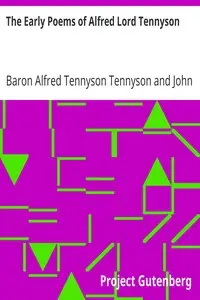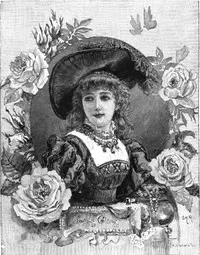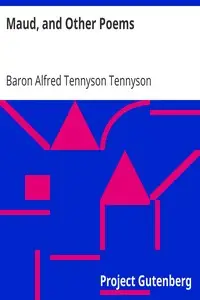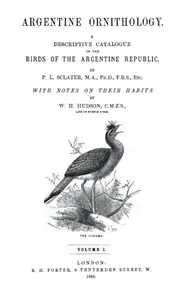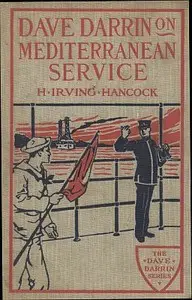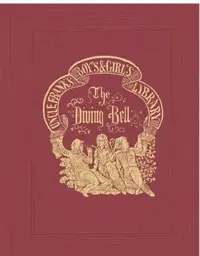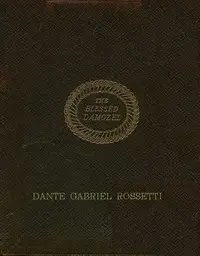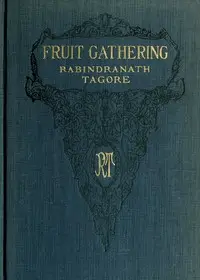"In Memoriam" by Alfred Lord Tennyson is a lengthy poem written in the mid-19th century, composed as a tribute to Tennyson's close friend Arthur Hallam, who passed away at a young age. This work is a meditation on love, loss, grief, and the hope of reunion in the afterlife. The poem explores profound themes of mortality and the poignancy of human connections. The opening of "In Memoriam" sets the tone of deep sorrow and contemplation surrounding the death of Hallam. It begins with an invocation to God, addressing themes of faith, love, and the quest for understanding in the face of devastating loss. The speaker reflects on the nature of grief, the challenge of accepting mortality, and expresses a longing for the companionship that has been lost. Tennyson intertwines personal lament with broader philosophical questions about existence and divine justice, establishing an emotional depth that continues throughout the poem. (This is an automatically generated summary.)
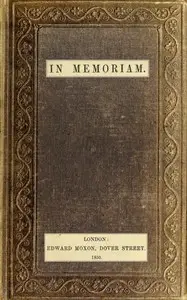
In memoriam
By Alfred Tennyson Tennyson
Wikipedia page on this work: https://en.wikipedia.org/wiki/In_Memoriam_A.H.H.
Alfred Tennyson, 1st Baron Tennyson,, was an English poet. He was the Poet Laureate during much of Queen Victoria's reign. In 1829, Tennyson was awarded the Chancellor's Gold Medal at Cambridge for one of his first pieces, "Timbuktu". He published his first solo collection of poems, Poems, Chiefly Lyrical, in 1830. "Claribel" and "Mariana", which remain some of Tennyson's most celebrated poems, were included in this volume. Although described by some critics as overly sentimental, his poems ultimately proved popular and brought Tennyson to the attention of well-known writers of the day, including Samuel Taylor Coleridge. Tennyson's early poetry, with its medievalism and powerful visual imagery, was a major influence on the Pre-Raphaelite Brotherhood.


